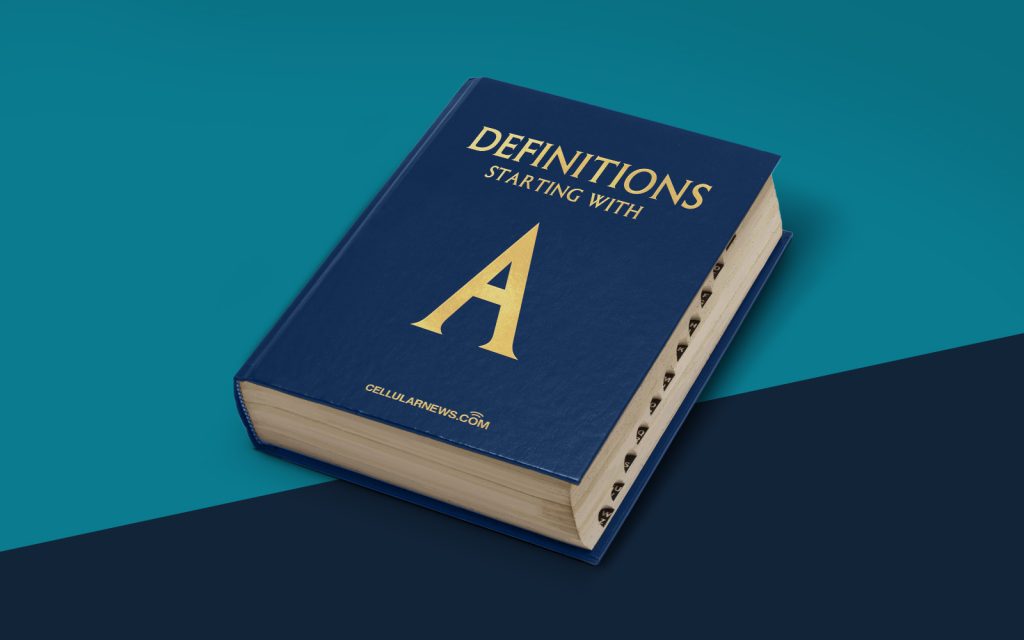
Unlocking the Power of Annotations: A Guide to Understanding and Utilizing Annotations
Annotations are more than just fancy footnotes or margin scribbles. In the digital world, annotations have a whole new meaning, and they play a crucial role in enhancing online content. So, what exactly is an annotation, and why should you bother with it?
Key Takeaways
- Annotations are a form of metadata that provide additional information about a piece of content.
- They can be used to improve the visibility, relevance, and credibility of your website in search engine results.
The Basics: What are Annotations?
At its core, an annotation is a form of metadata that provides additional context or information about a piece of content. It acts as a descriptive label, allowing both search engines and users to understand the purpose and relevance of a particular piece of content.
But annotations go beyond simple labels. They offer a wide variety of uses across different platforms and mediums. From scholarly articles to digital marketing campaigns, annotations provide valuable insights, explanations, cross-references, and more.
Annotating for SEO
When it comes to the digital realm, one of the most significant applications of annotations is in Search Engine Optimization (SEO). By properly annotating your content, you can boost your website’s visibility, relevance, and credibility in search engine results pages. Here’s how:
- Meta Descriptions: Annotations play a critical role in crafting compelling meta descriptions for your web pages. These concise snippets appear below your page title in search results, enticing users to click and visit your site. By optimizing your meta descriptions with relevant keywords and concise summaries, you can increase click-through rates and improve your SEO rankings.
- Structured Data: Annotations also enable you to incorporate structured data markup on your website. Structured data annotations provide search engines with additional information about your content, such as product details, ratings, and reviews. By implementing structured data, you can enhance the visibility and presentation of your website in search results, making it more attractive and useful to potential visitors.
But annotations don’t stop at improving search rankings. When used strategically, annotations can also enhance the user experience, credibility, and overall quality of your content.
The Power of Annotations
An annotation is like a secret weapon that can elevate your content to new heights. Here are a few notable benefits of leveraging annotations:
- Enhanced User Experience: By providing additional context and explanations, annotations make your content more informative and engaging for readers. They offer a deeper level of understanding, enabling users to explore related concepts or information with ease.
- Increased Credibility: Annotations can serve as references, supporting your claims and statements with authoritative sources. By including annotated citations, you showcase your research and expertise, establishing credibility and trust with your audience.
- Improved Accessibility: Annotations can also make your content more accessible to people with disabilities. By adding alternative text to annotations, visually impaired users can access the information through screen readers, ensuring equal access to your content.
So, whether you’re looking to optimize your web content for search engines, engage your readers, or establish credibility, annotations are a powerful tool in your digital arsenal.
Now that you have a firm understanding of what annotations are, it’s time to start utilizing their potential. As you explore annotations further, remember to experiment, be creative, and find ways to enhance your content with these valuable additions.
So, go ahead, start annotating, and unlock the true potential of your content!
